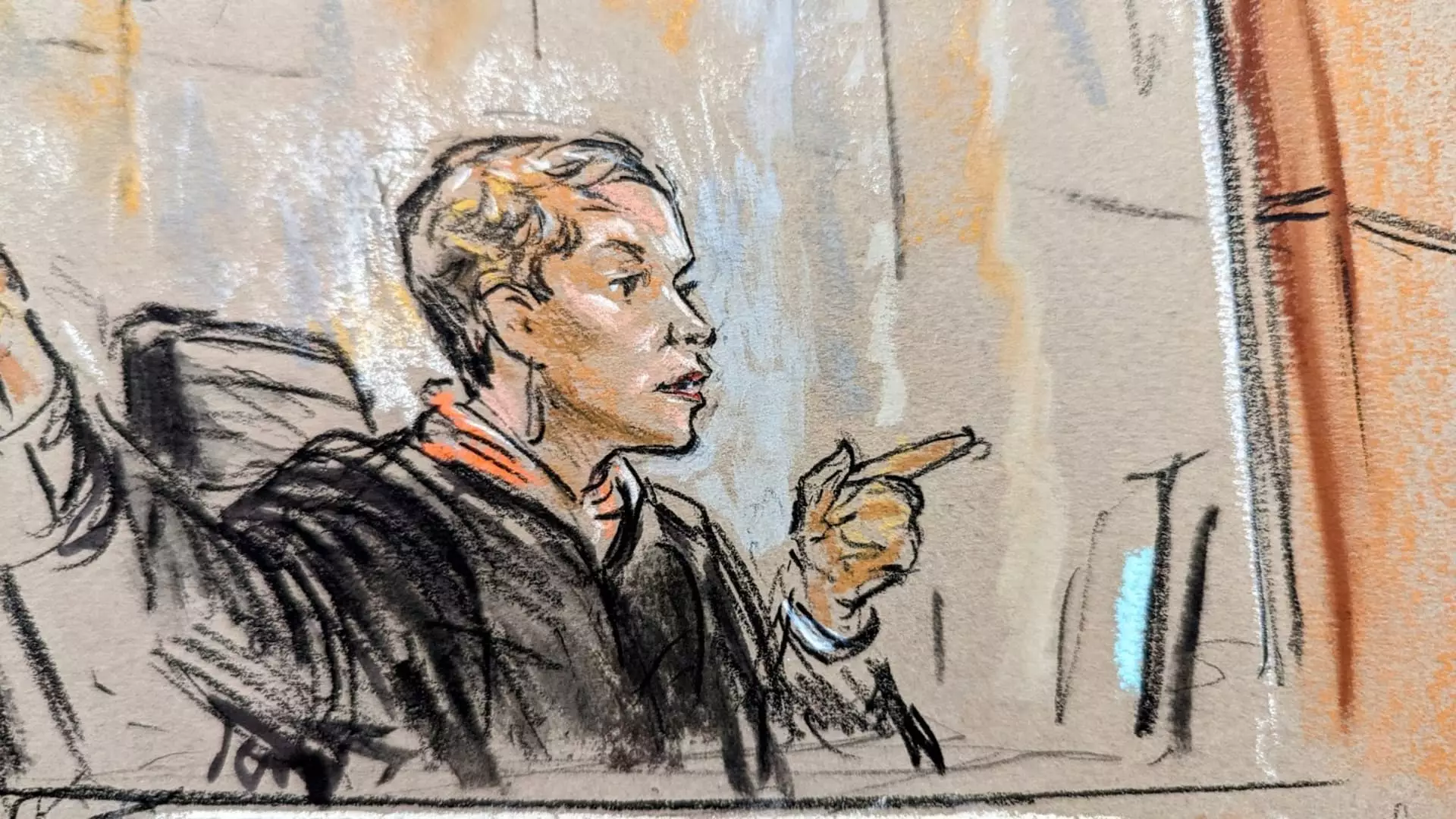The relationship between Donald Trump and Judge Tanya Chutkan has taken a tumultuous turn, marked by fierce public statements from the former president. Recently, Trump labeled Judge Chutkan as “the most evil person” after she ordered the release of nearly 1,900 pages of sealed documents relevant to his ongoing criminal case concerning election interference. This public outburst reflects a growing trend where political figures leverage legal conflicts to further their own narratives, often stirring the pot of public sentiment and positioning themselves against perceived judicial overreach.
Trump’s accusation that Chutkan’s decision was aimed at tarnishing his prospects in the upcoming presidential election highlights a strategic narrative he has employed in the past: attributing any legal adversity to political bias. The interpretive lens through which Trump and his supporters view judicial actions often portrays them as inherently malicious or partisan. His assertion on Dan Bongino’s podcast questions the timing of document releases in proximity to elections, insinuating that there is an orchestrated effort to undermine his candidacy. Such commentary does more than lament individual judicial actions; it actively shapes a narrative of victimhood that resonates with a significant part of his base.
Judge Chutkan’s rationale for unsealing the documents is rooted in the principles of transparency and public interest. In her court order, she rightly noted that withholding information could itself be perceived as a form of election interference. The integrity of judicial processes hinges not only on the adherence to laws but also on public trust. By citing potential public harm in keeping documents sealed until after the election, Chutkan aimed to uphold this critical tenet.
The judge’s pointed remarks regarding Trump’s defense strategy indicate her concern that legal arguments have been overshadowed by political rhetoric. She criticized Trump’s team for failing to engage thoughtfully with the substantive legal issues while instead opting to frame their claims in terms of broad accusations of bias. Such dynamics not only impede judicial proceedings but also blur the lines between genuine legal discourse and politically motivated distractions.
Moreover, the judge’s history of employing limited gag orders highlights the delicate balance she attempts to maintain within her courtroom. These restrictions are essential in preserving the integrity of the case and protecting the processes from incendiary public commentary that could jeopardize fair legal proceedings. Chutkan’s decisions serve as a reminder that while political campaigns thrive on emotional and polarizing rhetoric, the judiciary must function on principles of fairness and evidence.
Trump’s claims of ongoing election interference introduce a layered complexity to the conversation about legal accountability and public perception. By framing the judiciary as an adversary, Trump taps into a broader narrative that positions him as a champion against a corrupt establishment. In doing so, he not only consolidates his base but also galvanizes potential supporters who may feel disenfranchised by the political elite.
This phenomenon reveals a troubling trend in which legal proceedings, typically seen as impartial or apolitical, become battlegrounds for political narratives. Standards of truth and accountability may become secondary to the overarching desire to resonate with a constituency. This contention raises a provocative question: when does a political figure’s critique of the legal system become a manipulation of public sentiment rather than a genuine pursuit of justice?
Ultimately, the friction between Trump and Judge Chutkan underscores a larger debate about accountability in politics and the legal system’s role in upholding democratic norms. While Trump leverages allegations of bias and witch hunts, the judiciary remains tasked with the heavy burden of maintaining impartiality and lawful conduct. The months leading to the election will likely intensify this struggle, as various actors exploit legal challenges for political gain.
As the legal and political landscapes continue to intersect and ignite, a critical evaluation of motivations and implications must prevail. The relationship between public opinion and the judiciary is delicate; hence, the preservation of an equitable justice system hinges significantly on maintaining public faith in its processes. The outcome of Trump’s case could set precedents that far exceed the individual, influencing not just the judicial system’s relationship with political figures but also the broader dynamics of governance and accountability in an increasingly polarized environment.



Leave a Reply